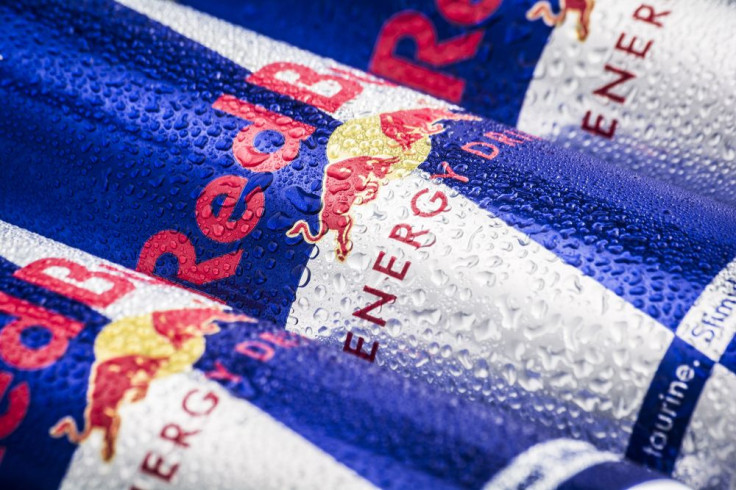Energy Drinks A Public Health Hazard, Especially When Children, Alcohol Involved: WHO

Energy drinks have long been maligned for the perception that such massive amounts of caffeine can't be good for anybody, much less children. Now the World Health Organization has validated their fears, on Tuesday proclaiming that rising rates of energy drink consumption is "poised to become a significant public health problem."
Here's the problem: Hot coffee is sipped, mostly by adults. Cold energy drinks are chugged, mostly by kids — young kids. The European Food Safety Authority figures 18 percent of children under 10 consume energy drinks, as do about two-thirds of adolescents. The WHO reviewed the available scientific evidence on energy drinks and confirmed the health dangers of drinking so much caffeine (sometimes twice that of a cup of coffee) so quickly.
The effects could be "heart palpitations, hypertension, nausea and vomiting, convulsions, psychosis, and in rare cases, death," they said. The deaths are rare, but they leave a deep impression. This summer, a 16-year-old girl died from a heart attack while she was on vacation in Mexico after consuming energy drinks. According to the Center for Science in the Public Interest, 34 people have died in the U.S. because of energy drinks since 2004, mostly 5-Hour Energy and Monster brands. The group has pushed for better labeling.
The WHO scientists are, too. There is already some regulation on the industry, but not enough, they say. They want more education on the risks of drinking liquor and energy drinks together. The caffeine masks the feeling of drunkeness, leading to alcohol poisoning, which is why Four Loko had to shut down. But they also say, according to a news release, there should be "an upper limit for the amount of caffeine allowed in a single serving of any drink in line with available scientific evidence."
There's just not enough research to know how dangerous and exactly what quantities of energy drink consumption pose the most risk. The potential effects on children are probably the most concerning and the least studied. "The risks of heavy consumption of energy drinks among young people have largely gone unaddressed and are poised to become a significant public health problem in the future," the authors wrote in their study, published Tuesday in the journal Frontiers in Public Health.
Source: Breda JJ, Whiting SH, Encarnação R, Norberg S, Jones R, Jewell J. Energy drink consumption in Europe: A review of the risks, adverse health effects and policy options to respond. Frontiers in Public Health. 2014.
Published by Medicaldaily.com



























